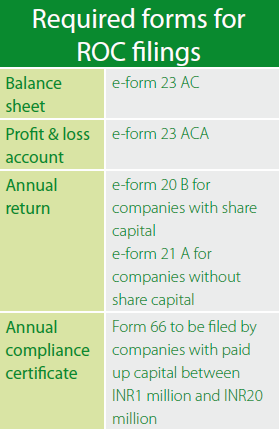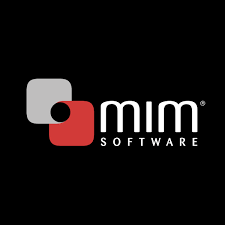
Our collection of resources based on what we have learned on the ground
Resources
infographic
China Residence and Individual Income Tax (IIT) Income Source Applicability Time...

- January 2014
- Free Access
Applicability Timeline for China Residence and Individual Income Tax (IIT) Income Source.
infographic
Individual Income Tax (IIT) Rate by Annual Taxable Income in China

- January 2014
- Members Access
For different annual taxable income in China, the individual income tax rate is different.
infographic
Calculation of Monthly Salary for Individual Income Tax (IIT) Purposes in China

- January 2014
- Members Access
A table showing the formula for calculating monthly salaries after tax based on the duration of stay in China.
infographic
Individual Income Tax (IIT) Tax Rates and Deductions in China

- January 2014
- Free Access
For different levels of income in China, the Individual Income Tax (IIT) tax rates and deductions are different.
Q&A
What are the allowances available in India, other than the main ones, such as tr...

- January 2014
- Free Access
Apart from the major ones, the following allowances are exempt from tax: Uniforms (not merely clothing) Books and Periodicals (unlimited) Work-related transportation expenses; Cost of travel on tour or on transfer; ...
infographic
Individual Income Tax Return in China

- January 2014
- Free Access
A template of an individual income tax return in China.
Q&A
What is gratuity and its basic requirements in India?

- January 2014
- Free Access
Gratuity is a lump sum that a company pays when an employee leaves an organization; one of the many retirement benefits offered by a company to an employee. Basic requirements for gratuity are set out under the Payment of Gratuity Act, 1971. An emplo...
Q&A
Who is gratuity applicable for in India?

- January 2014
- Free Access
The Payment of Gratuity Act, 1971, applies to employees engaged in factories, mines, oilfields, plantations, ports, railway companies, shops or other establishments for at least five full years with ten or more employees. Years of service does not ma...
Q&A
How is Gratuity received under The Payment of Gratuity Act different from any ot...

- January 2014
- Members Access
Gratuity received under the Act is exempt from taxation to the extent that it does not exceed 15 days’ salary for every completed year of service calculated on the last drawn salary subject to a maximum of INR350,000. Any other gratuity is exem...
Q&A
Under which circumstances is gratuity wholly forfeited in India?

- January 2014
- Free Access
The gratuity payable to an employee shall be wholly forfeited if: The service of such employee has been terminated for his lawless or disorderly conduct or any other act of violence on his part; or The service of such employee is ter...
infographic
Required Forms for Registrar of Companies Filings in India

- January 2014
- Members Access
Four forms are required to be filled when registering companies in India.
Enquire for more information about our services, and how we can help solve challenges for your organization
Contact UsOur Clients
Discover our esteemed global clients across diverse sectors. We believe in providing our clients with exceptional service and a commitment to being their partner for growth in Asia.
See what our clients say about us




























